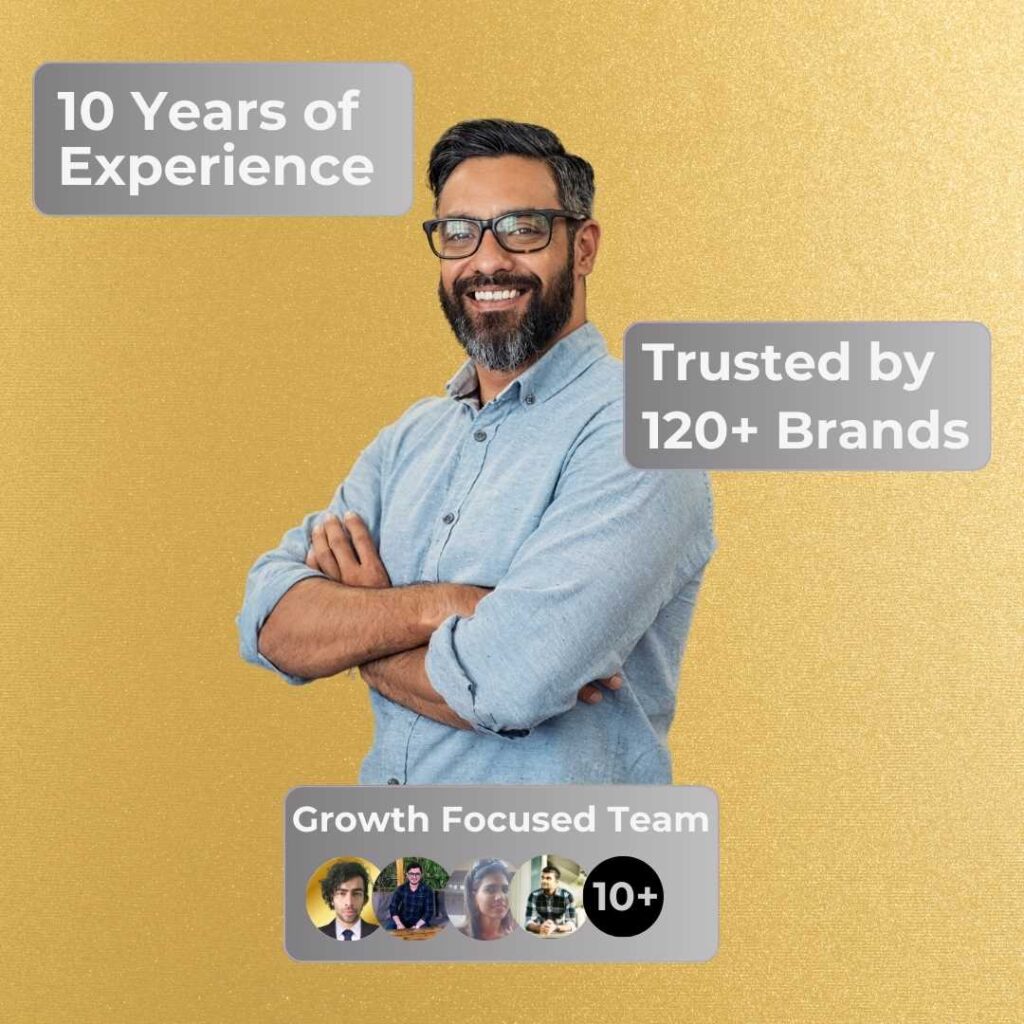B2B Marketing Consultant
Unleash your Business Growth Potential
With our proven Digital Ecosystem. Get Ready for 10X
» 360° Full Stack B2B marketing consultant
» Business & Marketing Consultation / Mentorship
Trusted By 120+ Brands.
































3
STEP GROWTH PLAN

5.7x
GROWTH IN SALES

60
MINUTE STRATEGY CALL

100%
WORK TRANSPARENCY
Business Growth Solutions
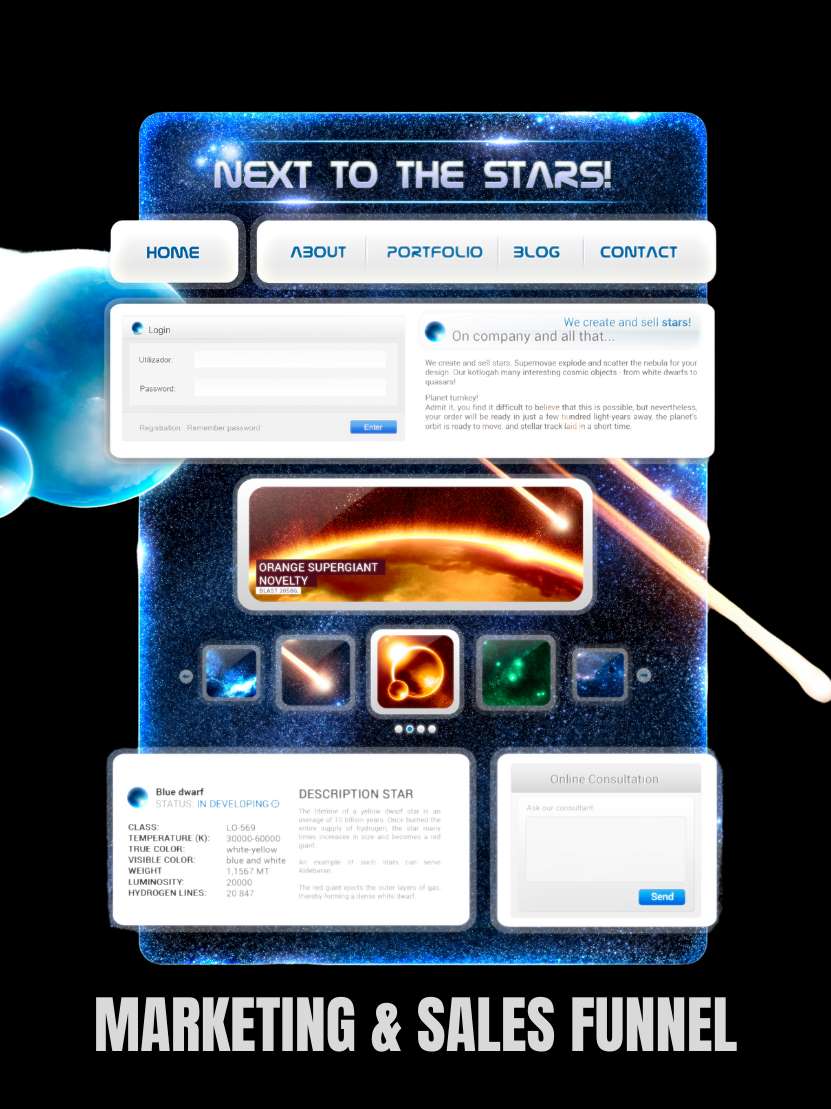
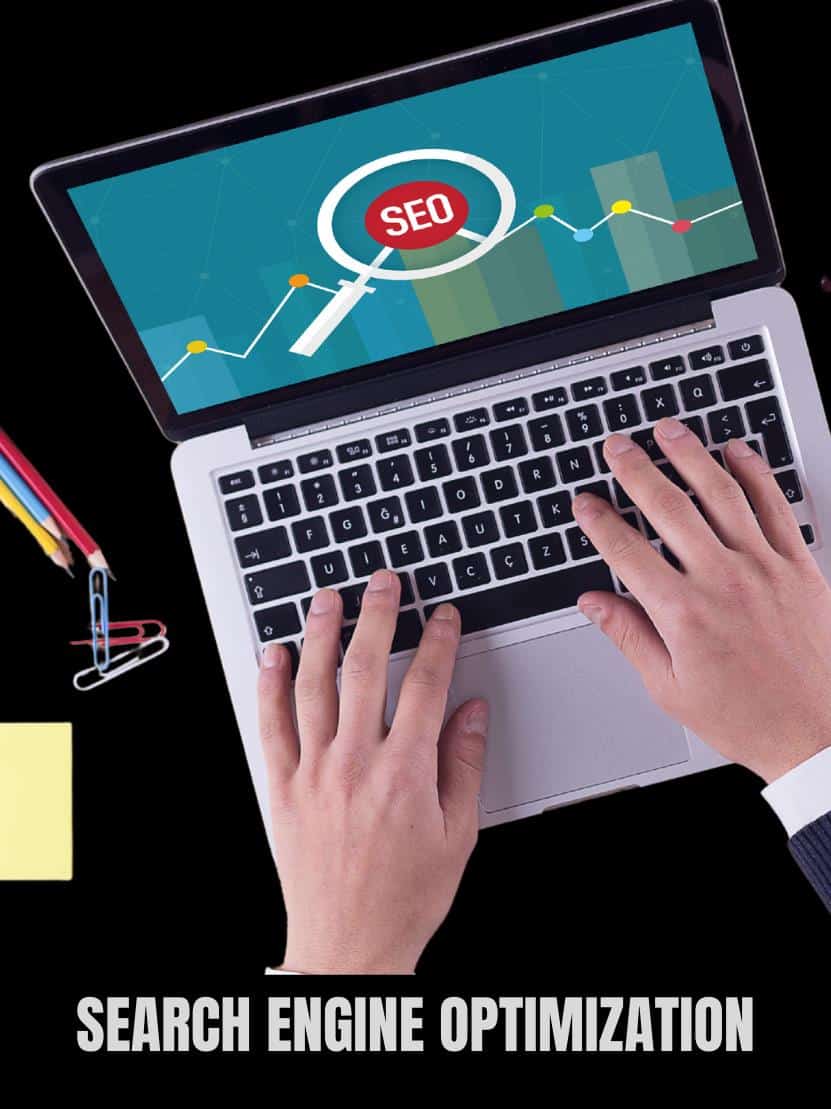
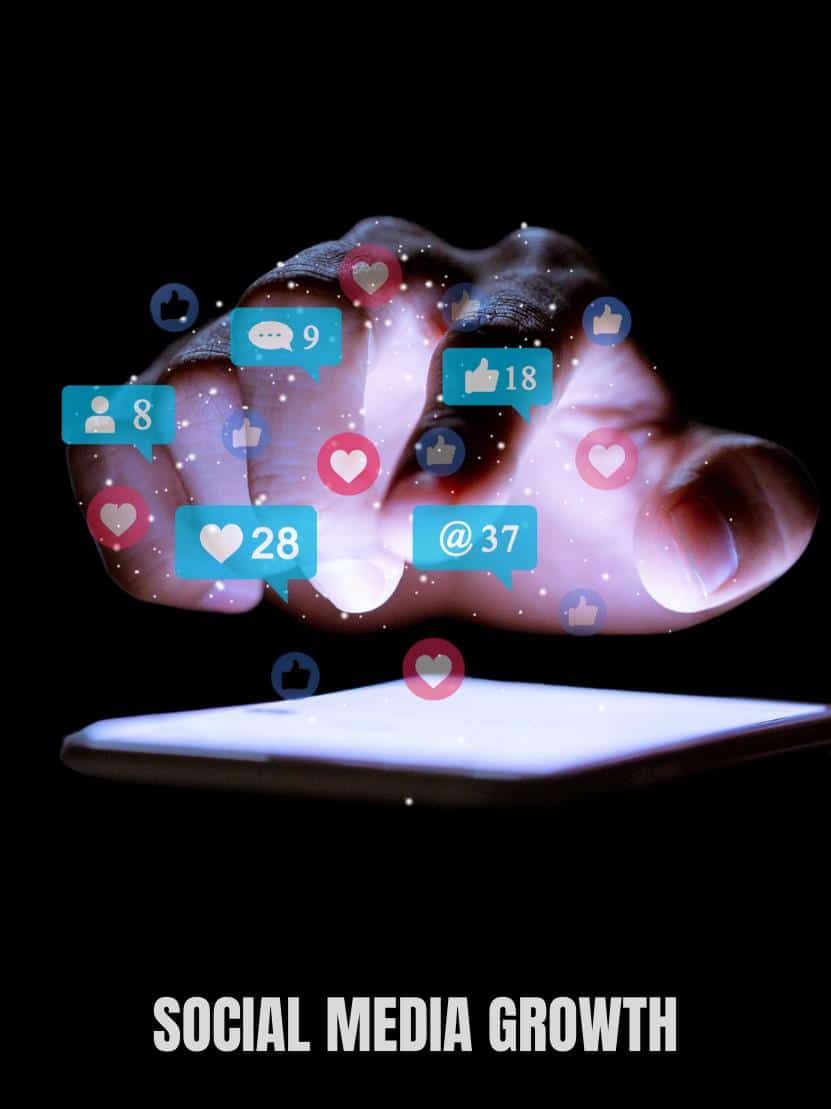
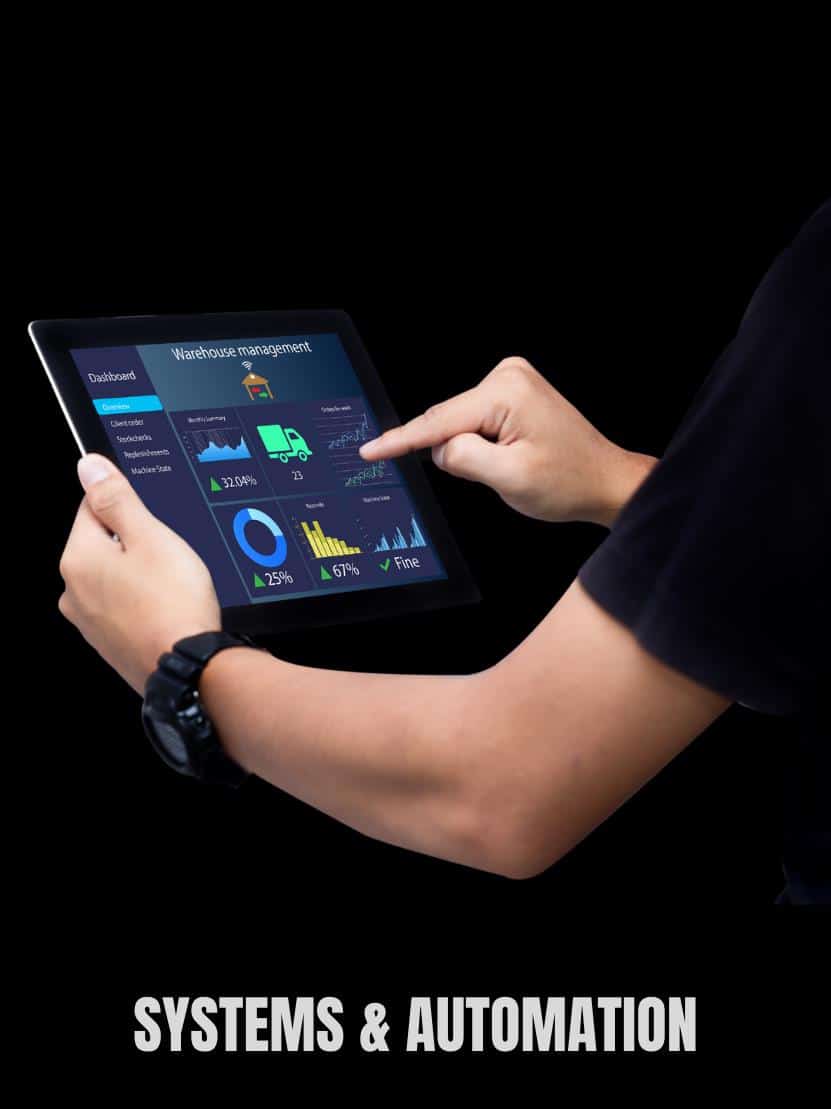

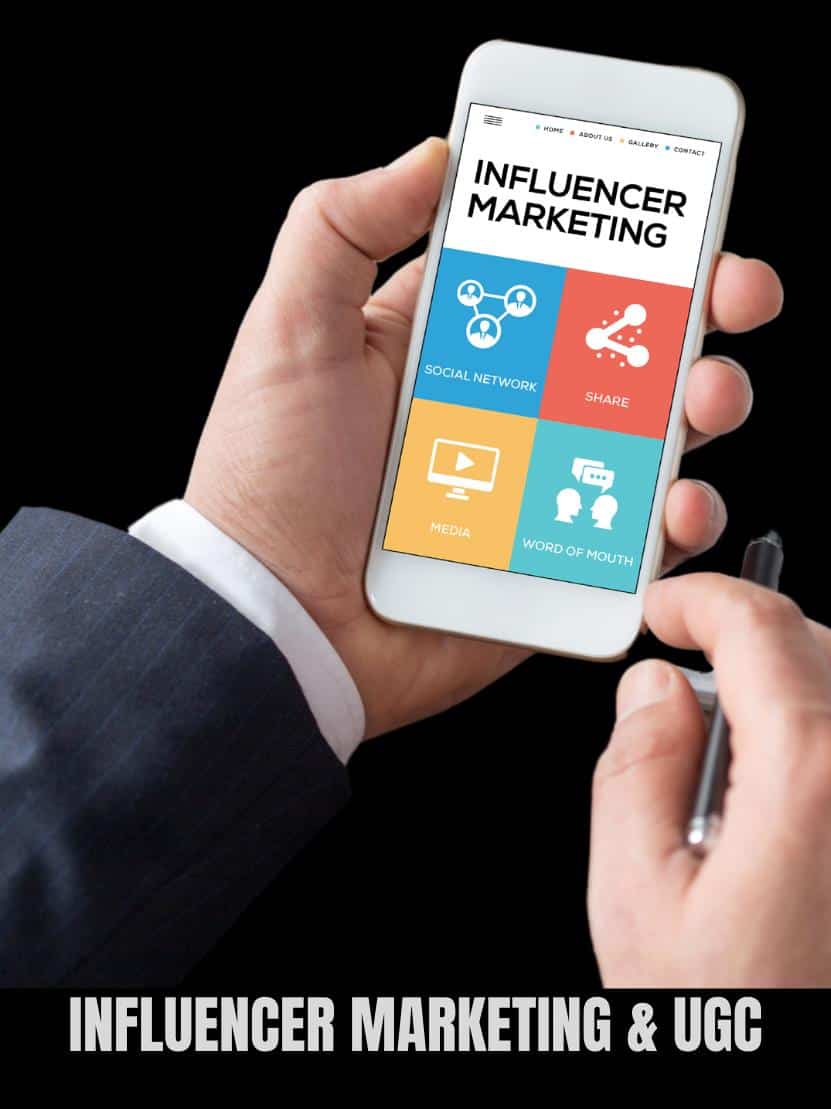
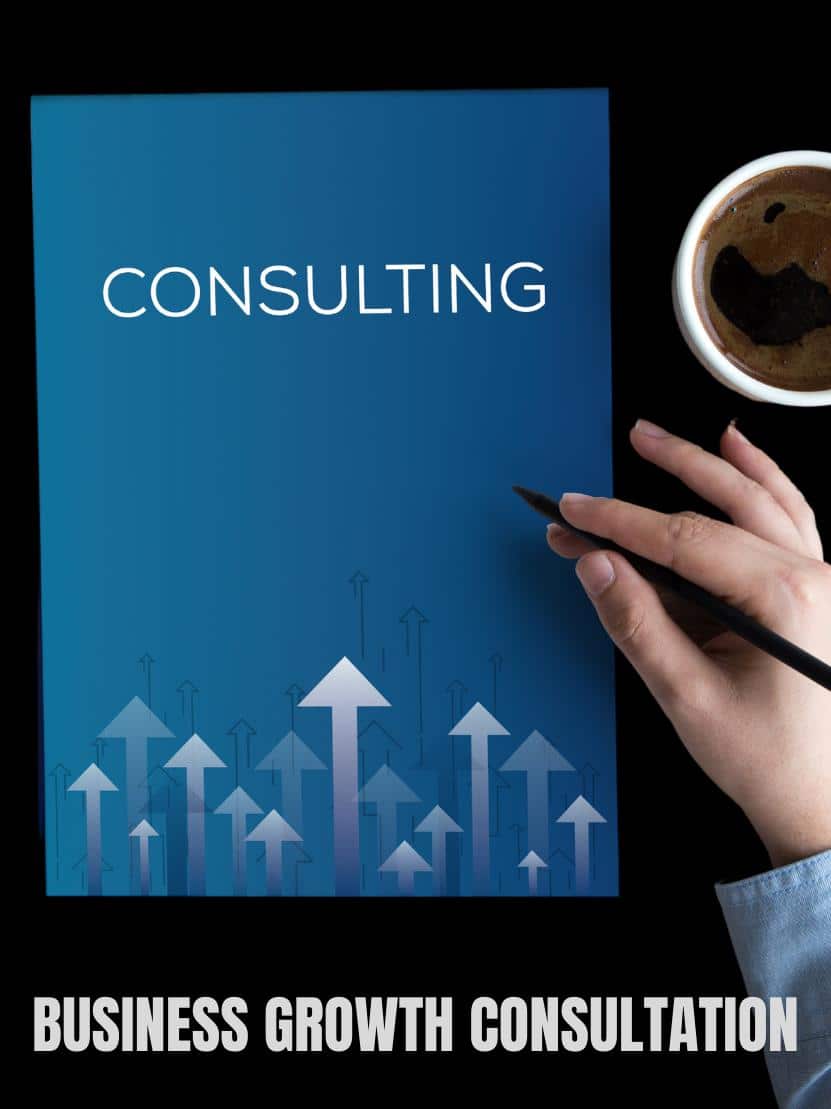

Our clients love us
See what real Business Owners & Entrepreneurs are
saying about Invincible Lion Team

Ajay helped us shape the go-to-market strategy and the “Digital Ecosystem” helped us get consistent leads and high-paying corporate clients.
Team Invincible Lion worked on multiple projects with us and also help our clients with lead generation.

Anand Ram
Founder, Advity Infomedia

Team Invincible Lion helped us with lead generation. Because of this, I was able to focus on product innovation.
Ajay is an expert professional and with deep understanding of Businesses and its marketing requirements.

Nagashayan
Project Head , The Third Dimension

Ajay’s Digital Ecosystem helped AttainU get consistent Qualified leads and sales for our coaching program at AttainU. We were able to reduce the CPL and were able to get a better leads-to-sales ratio. We also had to hire fewer salespeople to convert Qualified leads.

Vaibhav Bajpai
Co-Founder & COO, AttainU
How It Work
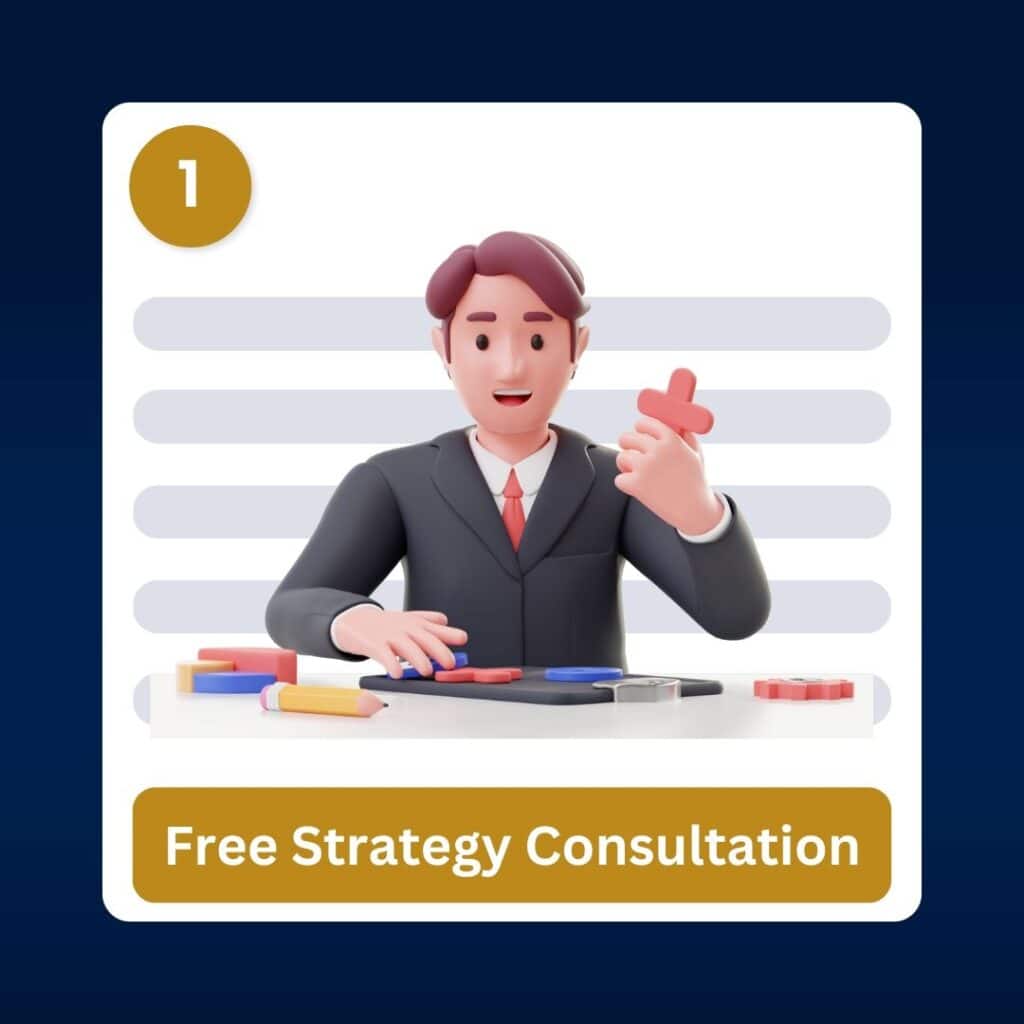
Tell us about your Business Growth Objectives
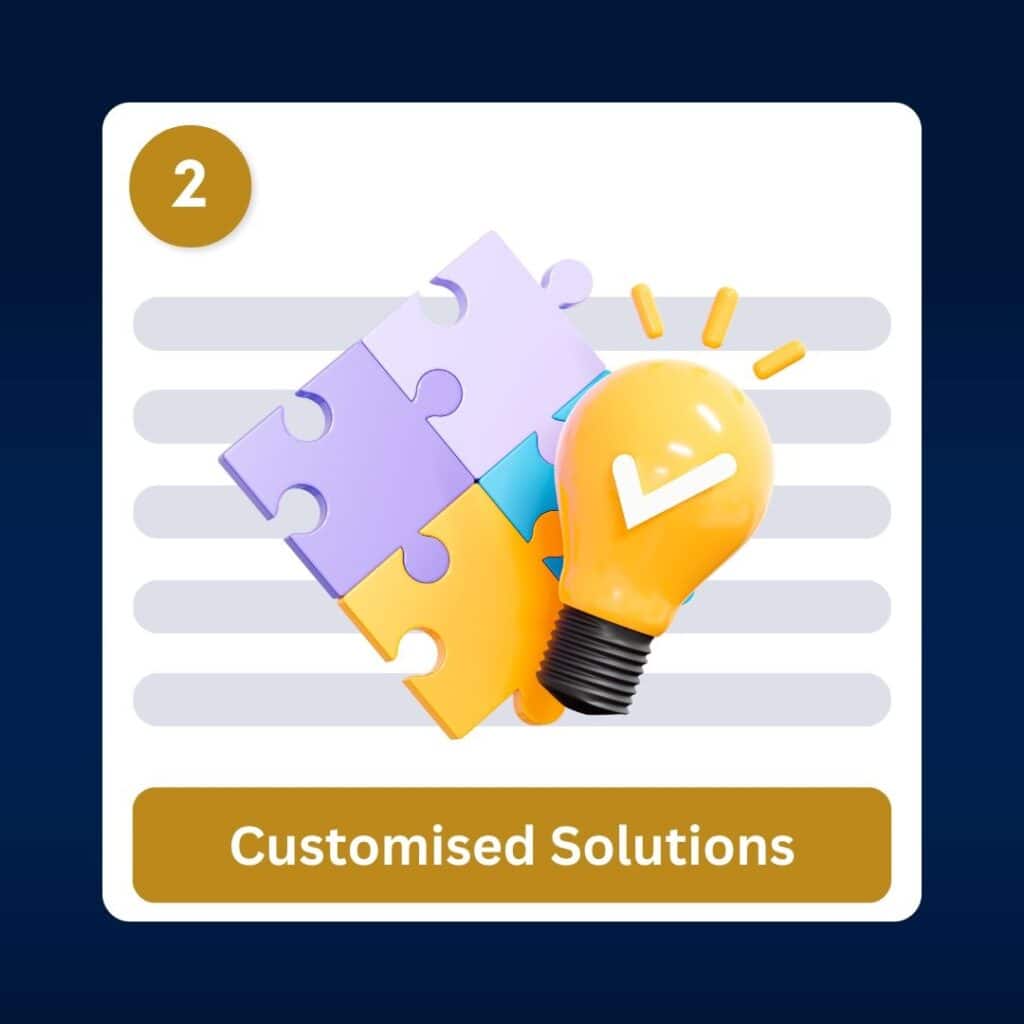
We will help you with a Blueprint & Plan
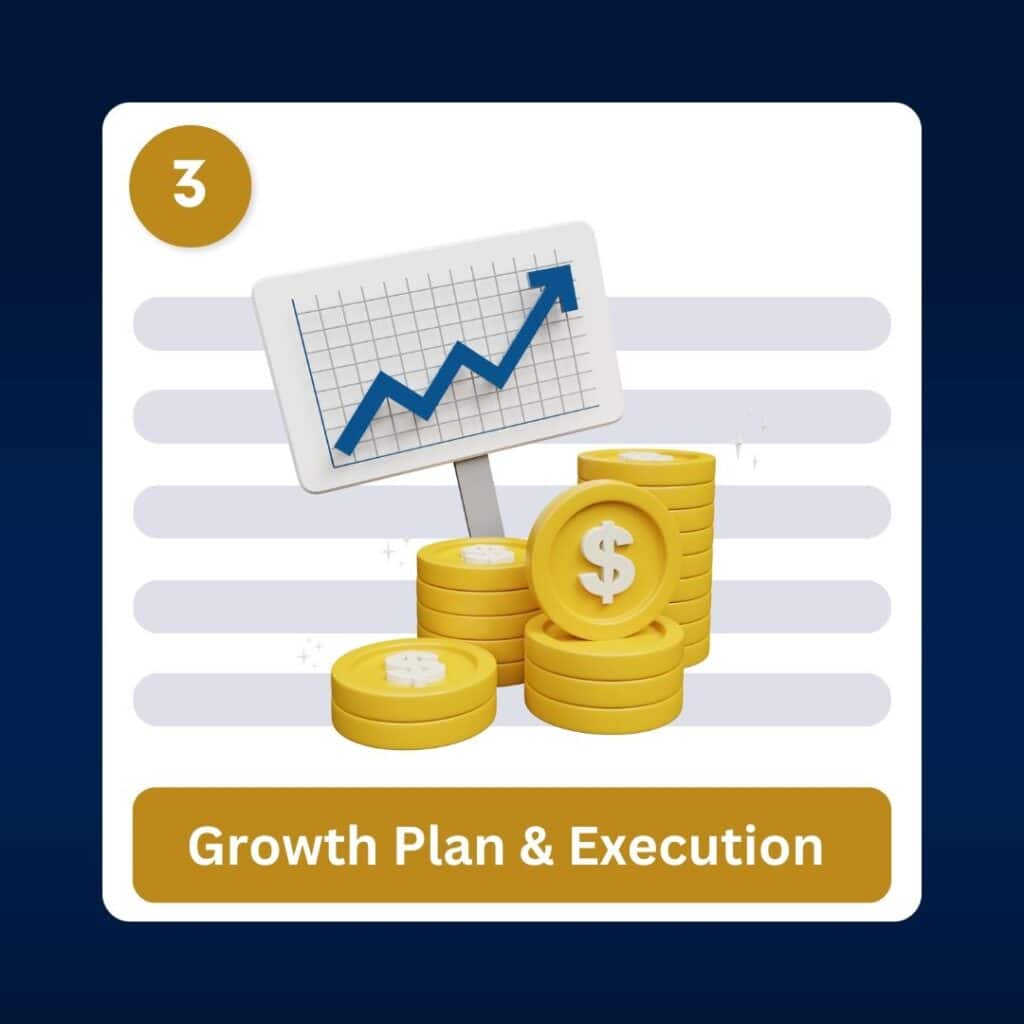
10X Growth Systems for your Business Success
Business Growth doesn’t
have to be difficult and Complex.

Strategies that scale
your Business 10X Faster

After connecting with Ajay, I realised how Important Marketing Automation is!! Earlier we used to hire freshers/interns for minuscule tasks but automation does it better and efficiently. ” Best B2B marketing consultant
Ashish Kumar – Director
Experts with Wide
Range of Experience
We understand business and we have a team that is proficient in executing top-quality results.

Highly professional, prompt response, delivers on time, is easy to work with, is patient, and is truly creative. I’m a happy Client. Top B2B marketing consultant
RamChandran, CEO

Let's Build Your Brand!
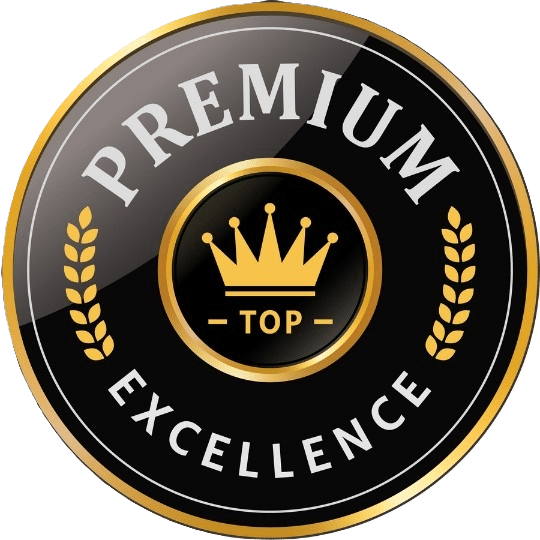
What makes Invincible Lion Different?
Invincible Lion is not just a B2B Marketing Consultant, It’s your Growth Partner.
Our Core beliefs are Growth, Community, Brand Building, and Market Domination.
And we help you do the same for your Business keeping our core Business beliefs and philosophies in Mind.
We also believe that if you can grow your business revenue profitably, there will be almost no business problem you can’t solve.
And we will help you Build systems of Growth so that you generate more revenue and your business thrives.
Because Businesses are built on Trust, Transparency, Community feeling, and Fundamentals of Human Life.
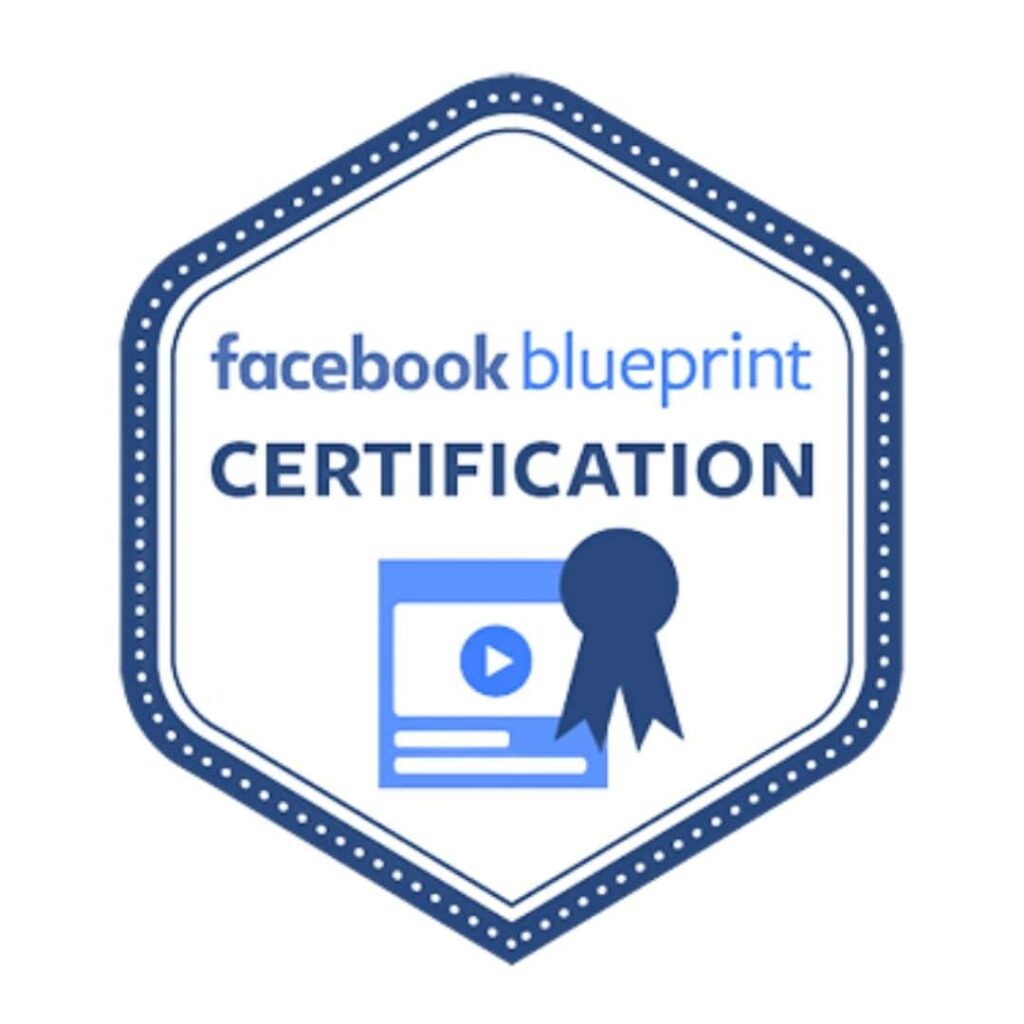

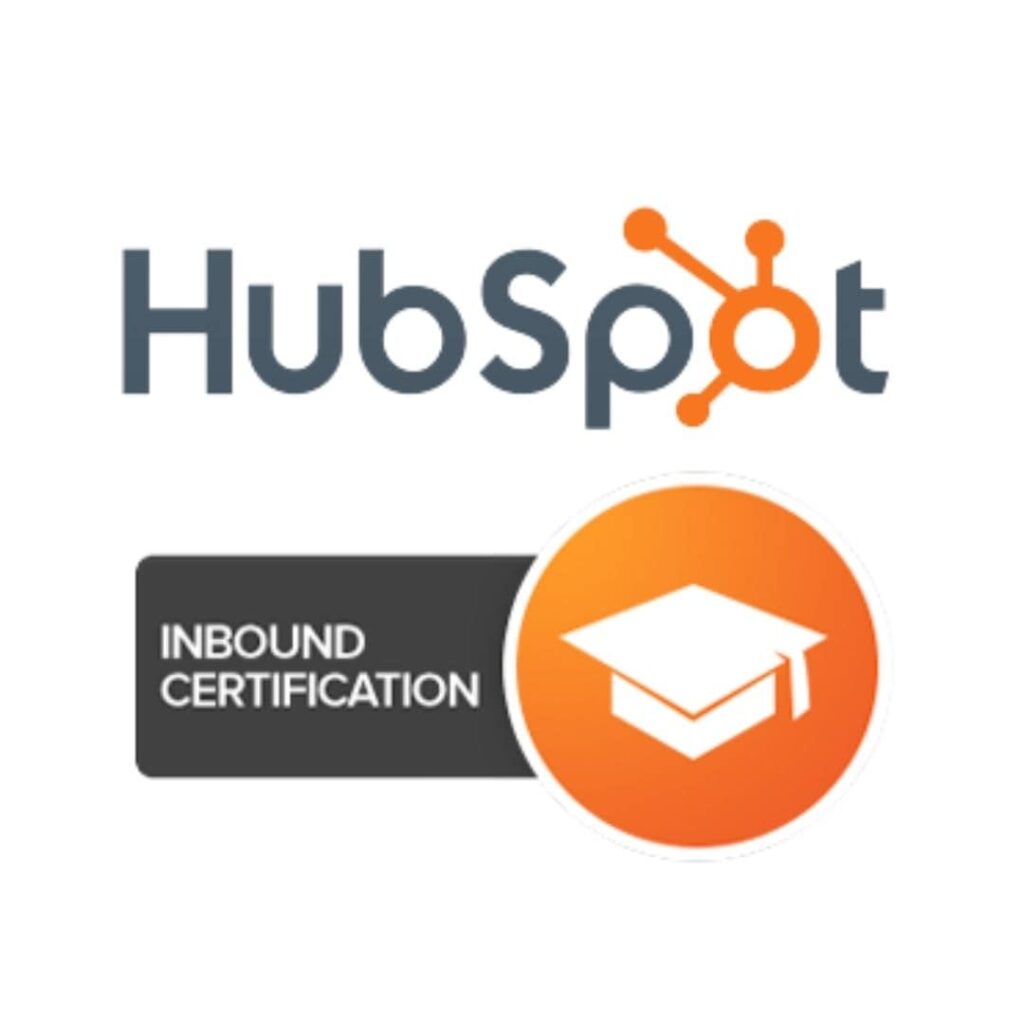

Ready to scale you Business to new Heights?
Let’s connect on a Free Discovery cum Strategy call for 10X Growth

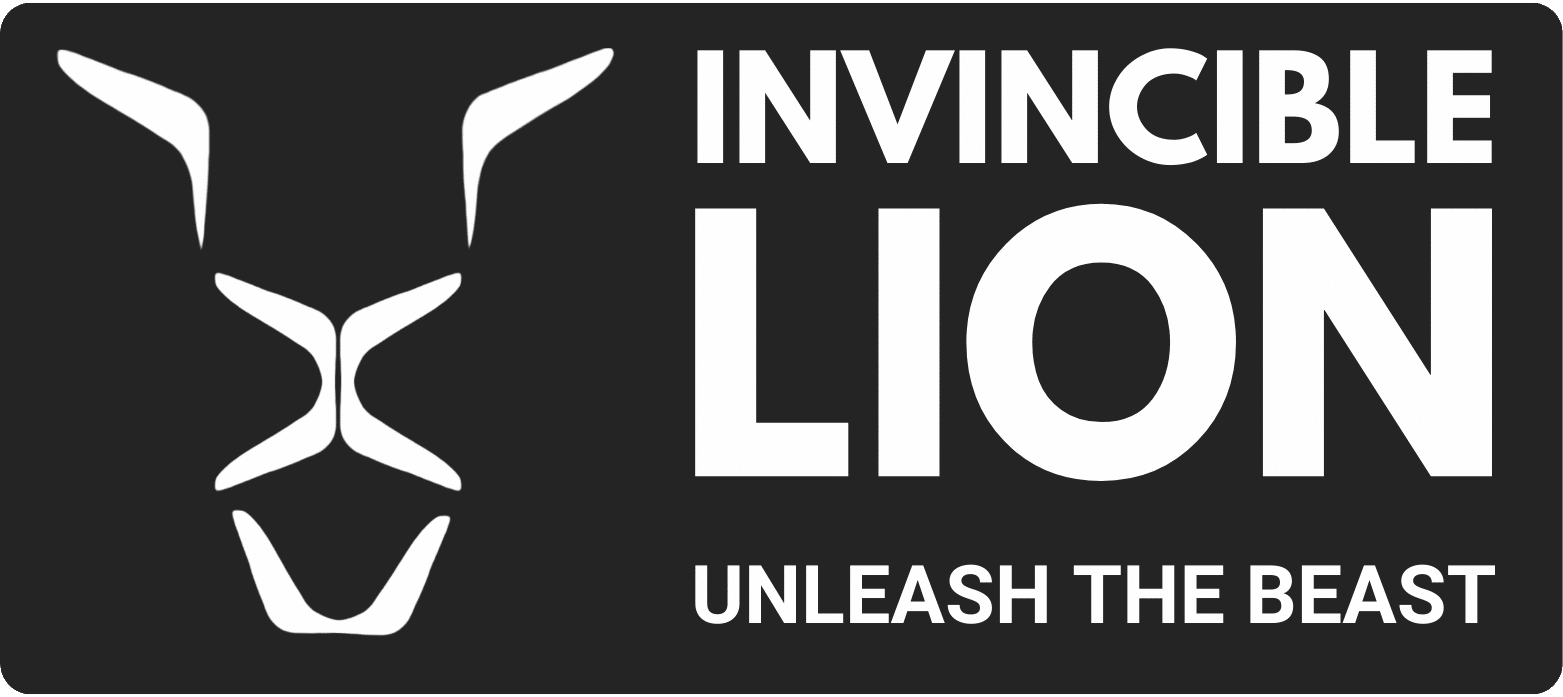
B2B marketing consultant
B2B marketing, or Business-to-business marketing, has become a key part of any business seeking to target other businesses in today’s fast-paced and competitive world. B2B refers to business-to-business and is a form of marketing used to reach other businesses with a product or service needed to keep that business running, as opposed to B2C (business-to-consumer) marketing, which appeals to the individual as a consumer.
What is B2B Marketing?
B2B marketing is the strategy and act of marketing one business’s products or services to another. Such services could range from selling software to enterprises, raw materials to manufacturers, or providing consulting services to firms.
SaaS (Software as a Service), manufacturing, and professional services are examples of industries that depend on B2B marketing. SaaS companies, for example, use B2B marketing to prove the merit of their platforms to businesses, while manufacturers also use it to establish relationships with resellers or distributors.
What makes Marketing Important in B2B?
B2B marketing is essential to revenue, brand awareness, and trust among business clients. In contrast to B2C, where emotions and immediate needs greatly influence purchasing decisions, B2B marketing objectives center around long-term value, ROI-oriented decision-making, and solving specific business challenges.
Some significant differences in B2B vs B2C marketing goals include:
Target Audience: B2B is for business buyers & B2C is about individual consumers.
B2B: This usually involves multiple stakeholders and longer sales cycles.
Use of Content: B2B focuses on expertise, thought leadership, and data-driven insights, whereas B2C tends to rely more on emotion.
The Role of a B2B Marketing Consultant
If you were to apply for the role of a B2B marketing consultant who guides businesses through the maze of marketing to other businesses, you would be a good fit. These consultants connect the dots between sales and marketing, making sure that strategies align nicely with the business objectives and MSD.
Whether tailoring your marketing strategy to reach the right audience or defining the best way to generate leads for your business, a B2B marketing consultant marries industry experience with inventive tools to provide actionable results. From refining brand position to launching digital initiatives to measuring performance metrics, they provide key insights that can drive a company towards success and profitability.
Through tailored sales solutions, a B2B marketing consultant makes the selling process more seamless for businesses, helps build strong relationships with their clients, and helps them win against competition for the long term.
What Does a B2B Marketing Consultant Do?
A B2B Marketing Consultant is a strategic professional who assists businesses with developing, implementing, and optimizing marketing strategies to reach other companies successfully. They solve specific business problems and help you achieve measurable results by activating their expertise, capabilities, and insights. Now, let’s drill down into the primary responsibilities, key deliveries, and areas of specialization.
Primary Responsibilities
Crafting Personalized Marketing Plans for Unique Sectors
A B2B marketing consultant tailors strategies to fulfil the unique requirements of industries like SaaS, manufacturing, and professional services. They know the nuances of every industry, and they tailor-make campaigns to speak to target audiences.
Manage Lead Generation Campaigns
It is part of their key responsibility to create and manage high-quality lead-generating campaigns. They use LinkedIn Ads, Google Ads, and content marketing strategies to attract decision-makers and optimize lead funnels.
Marketing Strategies in Line with B2B Sales Goals
Sales and marketing need to work together in B2B. Consultants ensure marketing is set up to support sales with sales-enabling materials and content mapping for various stages of the buyer’s journey.
By Providing Insights on Buyer Personas and Market Segmentation
We conduct deep-dive research to discover buyer personas and segment the market. This means that marketing messages become targeted, relevant, and tailored to the specific needs of different B2B audiences.
Key Deliverables
Marketing Performance Audits
MARCOM Tactics Consultants will review the existing MARCOM Tactics and assess their effectiveness and impact. If needed, they will highlight missing and/or ineffective Tactics and recommend a path forward. They also analyze campaign data, assess the ROI, and recommend actionable changes.
Training on Digital Tools
They set up and manage digital tools such as HubSpot, Salesforce, and LinkedIn Ads to optimize workflows, improve campaign performance, and measure metrics like lead conversions and customer acquisition costs.
Specialization Areas
B2B SaaS Marketing Consultant
These consultants specialize in promoting cloud-based platforms and software solutions, showcasing SaaS companies as the best in their industry. They cultivate tactics for presenting product features, benefits, and ROI for business clients.
B2B Content Marketing Consultant
B2B content is still a mainstay of marketing. These expert consultants in blog posts, whitepapers, case studies, and thought leadership do the heavy lifting for you when creating high-value content to establish you as an authority and nurture leads.
B2B Digital Marketing Consultant
Digital Marketing Consultants oversee online campaigns for PPC, SEO , and social media. They empower brands through a solid online presence and deliver traffic and conversions via best-in-class digital channels.
Conclusion
A B2B marketing consultant is critical to helping businesses reach their goals, from prospecting to strategy. They have expertise in niche industries, new technology tools, and content that keeps marketing initiatives relevant and not just effective. Their input ultimately leads to long-term success, in which markets can become incredibly competitive.
Skills and Expertise Required by a B2B Marketing Consultant
The role of a B2B marketing consultant involves technical expertise, strategic thinking, and relationship-building savvy. Here’s an up-close look at key skills and experiences a successful consultant must have.
Technical Skills
CRM Management
Expertise in handling CRM (Customer Relationship Management) platforms such as Salesforce, HubSpot, or Zoho CRM is essential. These tools assist consultants in efficiently tracking leads, nurturing client relationships, and ensuring collaboration between the sales and marketing teams.
Data Analytics and Reporting
Data pollution is the kryptonite of B2B marketing decision-making. Consultants should be able to evaluate performance against set metrics, monitor campaign ROI, and generate actionable insights—they should use tools like Google Analytics, Power BI, Tableau, etc.
SEO and SEM Expertise
Knowledge of Search Engine Optimization (SEO) and Search Engine Marketing (SEM) can help consultants improve a website’s visibility in search engines. Proficiency in using distributed computing tools allows consultants to govern large-scale data processing systems.
Soft Skills
Critical Thinking and Problem Solving
Consultants must possess the skills to analyze problems critically and create innovative solutions geared to their clients’ specific challenges. These skills are key to recognizing new market opportunities, moving past roadblocks, and staying ahead of industry trends.
Excellent communication and mentorship skills
Excellent communication and leadership skills are a must for presenting marketing strategies, working with stakeholders, or mentoring teams. These competencies guarantee harmonization in every business layer and help build trust with partners.
Certifications and Training
HubSpot Certification For Inbound Marketing
This certification prepares consultants with skills in inbound marketing strategies such as content creation, lead nurturing, and automation.
Google Analytics Certification
Google Analytics helps consultants track website performance, understand user behavior, and optimize campaigns for improved engagement and conversions.
Advanced Digital Marketing Certifications
Certificates such as Google Ads Certification, Facebook Blueprint, and LinkedIn Marketing Labs add icing to the cake, equipping a consultant with an edge in digital marketing prowess.
Conclusion
A great B2B marketing consultant combines technical skills and marketing strategy with communication and leadership skills. Data is evolving, and the source of this data is growing daily. Thus, it becomes tough for companies to expand; their adaptability to the ever-changing market is a thing that draws the line of a company expanding upwards or submitting to the downtrends of the market.
Four Common Types of B2B Marketing
B2B marketing strategies differ based on the business sector. There are four types of B2B marketing: Producer Marketing, Reseller Marketing, Government Marketing, and Institutional Marketing. Know these types so that you can create targeted campaigns that deliver results.
Producer Marketing
Producer marketing concerns manufacturers or service providers. These products or services are utilized by other companies to build their own services, making businesses the target consumers. A software development company, for instance, may promote its platforms to businesses that require enterprise solutions, while a chemical manufacturer could sell raw materials to a cosmetics manufacturer.
Key Strategies:
Product Differentiation: emphasize unique features and cost-effectiveness/quality
Content Marketing: Use whitepapers, case studies, and explainer videos to demonstrate expertise in the industry
Trade Shows and Events: Correlate directly with the decision-makers in the relevant industry.
Reseller Marketing
Reseller marketing focuses on wholesalers, retailers, and distributors who buy products in bulk and sell them to end customers. The main aim here is to develop profitable marketing strategies that will sell easily.
Key Strategies:
Volume Discounts: Provide incentives like bulk pricing and flexible payment terms.
POS Marketing Tools: Equip resellers with promotional materials, product displays, and digital assets to woo buyers
Government Marketing
Government marketing refers to selling goods or services to local, state, or federal agencies. This marketing typically involves navigating elaborate procurement processes and addressing stringent regulations. Products can include hardware and services, such as IT services for government offices or vehicles for public transport systems.
Key Strategies:
RFP (Request for Proposal) Expertise: Submit comprehensive proposals to secure government tenders.
Compliance Expertise: Keep offerings in line with regulations and guidelines.
Credentials: Show past work in the government or any relevant certifications.
Institutional Marketing
Institutional advertising targets nonprofit organizations, educational institutions, and health services. These entities have distinct objectives, like improving community welfare, which necessitates customized messaging.
Key Strategies:
Impact-Centric Campaigns: Tailor the marketing efforts according to the institution’s mission, for example, if it’s an eco-friendly/ intelligent product or a small-scale impact product, work to promote it.
Grants and Subsidies: Provide lower prices or financial support programs to attract cost-sensitive institutions.
Educational material: Use data like eBooks and webinars that show the benefits of your offering to institutions.
Conclusion
The audience associated with these types of B2B marketing needs different tactics that meet their unique selling point requirements. Knowing the business characteristics of producers, resellers, governments, and institutions helps corporations create steps that are oriented toward buyers, establish trust, and have a superior chance of success in the consumer marketplace.
B2B vs B2C Consulting: The Differences.
While B2B (business-to-business) consulting and B2C (business-to-consumer) consulting have the same objective of enabling business growth, the strategies differ considerably because of the different nature of their audiences. Understanding the nuances between the two is pivotal to developing tailored strategies that accommodate unique client needs.
Buyer Decision Process
The buyer decision process in B2B consulting is much longer and more intricate. More often than not, it entails a variety of players in the game, such as executives, department heads, and procurement teams, as they closely assess the ROI, scalability, and long-term impact of a product or service. In contrast, B2C consulting involves influencing consumers who tend to make decisions based on personal choices, emotions, and immediate needs.
Critical B2B Strategy: Consultants should highlight data-backed findings, long-term benefits, and solutions to particular business issues to engage with various decision-makers.
Sales Cycles
B2B sales cycles usually last weeks or months, and multiple touchpoints (presentations, negotiations, etc.) are involved. B2C sales generally have a shorter sales funnel, which may be driven by impulse purchases or quick conversions through ads or promotions.
B2B Strategy: An effective consultant utilizes email campaigns, custom content, and account-based marketing to maintain leads through the sales process.
Marketing Tactics
Unlike B2C, which gravitates towards B2B marketing, B2B marketing involves thought leadership and value-based content. These include blogs, whitepapers, webinars, and case studies. On the other hand, B2C consulting uses emotional narratives through social media, videos, ads, etc., to establish a relationship with end consumers.
B2B Focus: Establish the client’s role as an industry authority by focusing on their knowledge, results, and solutions to market problems.
Budget Allocations
B2B clients usually have bigger budgets and focus on ROI, whereas B2C budgets are smaller and more influenced by consumer trends.
B2B Strategy: Consultants must build tactics that showcase quantitative ROI rooted in scale and efficiency.
Conclusion
The significant contrasts between B2B and B2C consulting are decision-making, sales cycle, how to market them, and budget. The B2B market has challenges such as longer sales cycles, a high emphasis on return on investment (ROI), and negotiation with multiple stakeholders; thus, B2B consultants require a more strategic approach substantiated with data to help businesses achieve sustainable growth in competitive markets.
Career Prospects in B2B Sales and Marketing
With a focus on understanding the key needs of businesses, establishing relationships, and driving revenue, B2B sales and marketing is a fast-paced career path. As the industry grows, there is a corresponding need for talented individuals to fill those roles, which offer lucrative and career-enhancing job opportunities.
Key Roles in the Industry
B2B Sales Consultant
They analyze market trends and customer needs to create customized sales strategies. Their main focus is developing business-to-business customer relationships and driving revenue growth through consultative selling.
Business Development Manager
Client Services Managers ensure customer satisfaction, while Business Development Managers focus on identifying new business opportunities, nurturing leads, and expanding the client base. They serve as a liaison between marketing and sales, working to ensure alignment to drive organizational success.
B2B Marketing Strategist
Data-driven marketers: As the brains behind the data-driven marketing plan, strategists are responsible for campaigns that work. They focus on the creation of content, the optimization of digital channels, and the enhancement of lead generation initiatives.
Average Salaries Across Roles
United States:
B2B Sales Consultant: $65,000–$100K per year
Business Development Manager: $85,000–$120,000/yr
B2B Marketing Strategist: $70,000–$ 110,000 Annual
United Kingdom:
B2B Sales Consultant: £40,000 – £60,000 per annum
Business Development Manager: £50,000 – £80,000/year
B2B Marketing Strategist Salary: £45,000–£70,000 a year
India:
B2B Sales Consultant: ₹6,00,000–₹12,00,000 /year
Business Development Manager: ₹8,00,000–15,00,000 per annum
B2B Marketing Strategist: ₹7,00,000–₹14,00,000 per annum
Career Growth Opportunities
Advancement into positions of leadership
CMO (Chief Marketing Officer), VP (Vice President) of Sales, etc. Professionals involved in both B2B and B2C Sales and marketing. These positions manage large departments, determine strategic directions, and focus growth across the company.
Specialization Opportunities
In niche industries, B2B SaaS marketing, digital transformation, or account-based marketing specialists are in high demand and have excellent career prospects.
Global Career Pathways
With globalization, there is a high demand for professionals with knowledge of cross-cultural issues in marketing and international business development to work in multinational organizations.
Conclusion
A lucrative field of career opportunities, where progress is not guaranteed. B2B marketers can pursue careers as B2B Sales Consultants, CMO, and more, earning high salaries, gaining international experience, and shaping the future of business relationships. For analytical, data-savvy individuals with a flair for guiding relationships, this sector provides a uniquely powerful route to attainment.
How do B2B Companies Make Money?
Business-to-business companies generate revenue in various ways tailored to the specific needs of their business customers. While B2C models are based primarily on high-volume, low-frequency sales to individual customers, B2B revenue generation is based more on long-term relationships, low-frequency but high-value transactions, and bespoke service offerings.
Revenue Models
Subscription-Based Services
Many B2B businesses (like SaaS) utilize a subscription-based model. They charge clients regularly (monthly, quarterly, or annually) to use tools, platforms, or services.
For instance, a SaaS platform selling customer relationship management (CRM) software, such as HubSpot or Salesforce, charges its clients based on the number of users or features they choose.
Advantages: Predictable revenue streams and the ability to upsell other features or services.
Project-Based Engagements
In this model, businesses deliver specialized services or solutions in a project-based manner, depending on a client’s unique needs. This is prevalent in fields such as consulting, marketing, and IT services.
For instance, a marketing agency may develop a personalized campaign for a client and charge a flat fee for the project.
Pros: High revenue per project and ability to tailor solutions for niche markets.
Licensing and Royalties
Business-to-business (B2B) companies typically license other businesses’ proprietary technology, software, or intellectual property. “It’s ongoing income, it’s royalties or licensing fees.
For example, a company licenses AI algorithms to a third party for integration into their product offerings.
Pros: Revenue that can be scaled without significant ongoing effort after the license is in effect.
Client Retention as a Revenue Strategy
Client retention stands as one of the pillars of B2B revenue generation. This provides companies with firm and reliable revenue and reduces the need to spend money on acquiring new customers.
Premium Content: Building Trust and Providing Value
Continuous excellent customer care, observable outcomes, and periodic updates serve to build trust and loyalty.
For example, a B2B SaaS company could have regular updates, personalized onboarding, and 24/7 customer support.
Retained customers have opportunities for additional (upsells) or higher profit margin (cross-sell) services, contributing to overall revenue.
Rewards Programs and Promotions
By providing discounts on renewals or bundle offers for long-term commitments, you can make your clients stick with you for their software needs, increasing recurring income.
Conclusion
B2B businesses earn money through subscription, project-based, and licensing models—business models built to solve the needs of a particular client. Combined with an emphasis on client retention, these methods safeguard against means of social transaction that we cannot control while providing a proven method of continuing the cycle through sustainable growth, predictable income, and partnerships supporting interdependence and bilateral intercession.
Key Responsibilities in B2B Roles
B2B jobs include sales, marketing, and consulting, with a focus on strategy, collaboration, and outcomes. As a B2B professional, one is responsible for devising solutions to complex business problems and ensuring that all teams across the organisation align their goals and work together to achieve better returns.
Formulating Customized Solutions
A key aspect of any B2B job is creating tailored strategies to resolve a client’s unique challenges. This entails thoroughly understanding the client’s industry, business objectives, and pain points. Whether your job entails B2B marketing strategy or sales consulting, your ability to deliver customized, statistics-informed solutions is critical.
CLIENT GAINS (SURVEYING CLIENTS) GETTING TO KNOW CLIENTS. To do this, you simply have to formulate strategies that mirror these needs and deliver targeted ones that resonate with the client’s business needs and objectives.
Industry Nuances: Whether you are doing SaaS marketing for businesses or targeting manufacturing businesses, understanding the ins and outs of every industry can help you provide value every time.
Cross-Team Collaboration
B2B organizations have stakeholders spread across the organization, and collaboration between all teams is critical to aligning business strategies and executing them. To provide holistic solutions, B2B professionals typically collaborate with various internal teams, such as product development, sales, and customer support.
Product Team Collaboration: Professionals within the B2B space frequently liaise with product teams to ensure the product meets the target market’s requirements. For this reason, everything from marketing strategies to sales pitches to content needs to reflect product updates, features, and differentiators.
Working with Sales Teams: Close coordination with sales teams helps make sure that marketing efforts are aligned with sales goals. To maximize lead conversion, both teams must share customer insights, such as their behavior, objections, and preferences.
Liaison with Customer Support: Constant communication with customer support teams ensures the collection of valuable feedback about clients’ pain points, helping you increase strategy effectiveness and improve customer experience.
Tracking KPIs
However, for B2B purposes, data-driven decision-making is required, and KPI tracking is crucial for measuring the effectiveness of strategies and processes for continuous improvement.
Conversions: Tracking lead conversion rates, the effectiveness of sales funnels, and prospects’ positions in the sales cycle is a helpful way to determine whether your strategies are actually working.
Client Lifetime Value (CLV): CLV represents the total revenue generated from a single client during the client-business relationship. This type of B2B metric allows professionals to ensure they are fostering these long-term, profitable client relationships.
Return on investment: ROI tracking for marketing campaigns, sales initiatives, and other business strategies by an expert gives assurance that resources are spent cost-effectively while you gain insight into which strategies are delivering maximum returns.
Conclusion
B2B roles have a range of responsibilities, whether it’s creating customized strategies, collaborating with other teams, or tracking metrics. B2B professionals who recognize customer problems, collaborate with internal teams, and use data to promote performance understand that their solutions provide value and influence sales success, resulting in long-term client satisfaction.
Selecting a B2B Marketing Consultant You Can Trust
Choosing the right B2B marketing consultant is essential to your business’s growth and success. With the right consultant, you can benefit from experienced insights, a new angle, goals tailored to your business, and a strategy that can provide a strong foundation. But with so many consultants on offer, it’s crucial to vet them closely. Here’s how to select the best one for your business needs.
Evaluating Expertise
Domain-specific experience matters when selecting a B2B marketing consultant. You need someone who understands your sector and can customize a strategy for the unique challenges you encounter.
Industry Experience: Choose a consultant who specializes in your field (SaaS, manufacturing, professional services, etc.). Finally, a consultant familiar with your industry will understand your audience and pain points, as well as experience with your competitors. For example, a B2B SaaS marketing consultant will be familiar with the nuances of Subscription models and lead-nurturing processes in tech-based ecosystems.
Through Experience with Successful Campaigns: A history of past successful campaigns suggests that the consultant can produce results. Request for case studies, testimonials, or examples of past work where they supported businesses similar to yours in achieving growth.
Questions to Ask
At the first meeting, the right questions can allow you to determine whether this consultant suits your company. Address the following questions to gauge their approach, specialization, and compatibility with your objectives:
What tools do you feel like you specialize in?
Depending on their specialty, many marketing consultants use different tools to track campaigns and analyze data. Their expertise may be Hubspot, Salesforce, LinkedIn Ads, Google Analytics, or many other tools. Knowledge of what tools the consultant specializes in will help you ensure that the tools used by your business (currently or in the future) are something the consultant is comfortable with and has experience using.
Why it matters: You need a consultant who can work within your existing tools or who has the tool expertise to help you get the most out of your marketing efforts.
“How do you measure success?”
A great B2B marketing consultant will be data-driven. You will track and measure success using the most relevant key metrics, such as ROI, lead generation, conversion rates, and Customer Lifetime Value (CLV). This will demonstrate the consultant’s ability to monitor and analyze campaign performance.
Why it matters: If you and the consultant agree on clear and transparent measurement metrics, you will know how to gauge success.
Communication is key in any consulting relationship. Seek out a consultant who listens closely to what you’re trying to accomplish, asks deep questions, and offers actionable insight. They should also be willing to work closely with your team to ensure alignment across the different business functions.
Conclusion
Evaluating a B2B marketing consultant requires considering the right questions to ask regarding their industry and experience to assess how they measure up to relevant metrics. As long as they are suitably qualified and have the expertise and mindset defined, you have a partnership that can deliver increased business and sustainable success.
Tools And Platforms B2B Consultants Use
B2B marketing consultants use various tools and platforms to streamline processes, enhance campaign performance, and measure the success of their strategies. Data scientists, statisticians, and marketers use these tools to automate manual tasks, generate intelligence from available data, and maximize their marketing resources to deliver the best possible return on investment for their clients. Here are some of the most commonly found tools and platforms in the B2B marketing landscape.
Marketing Automation
HubSpot: As a complete marketing automation tool, HubSpot allows B2B consultants to manage campaigns, track leads, and automate a wide range of marketing tasks, including email marketing, content distribution, and social media management.
Marketo: An enterprise-level marketing automation platform, Marketo provides extensive capabilities for lead nurturing, scoring, and campaign analytics. It enables B2B marketers to iterate and personalize experiences and align their sales and marketing simultaneously.
Why it matters: These tools help consultants automate repetitive tasks, enabling them to focus on strategic initiatives and boost lead-nurturing efforts.
CRM Tools
Salesforce is one of the most popular CRM tools for B2B businesses. It helps consultants track interactions, manage client data, and generate reports to inform marketing and sales strategies.
Zoho CRM: Zoho provides an all-in-one solution for managing customer relationships, tracking leads, and optimizing the sales process. This is especially useful for businesses that have affordable, flexible CRM solutions.
Why they’re important: Tools like Salesforce and Zoho are considered Customer Relationship Management (CRM) tools. They help consultants track their interactions with potential customers and manage how they initiate and maintain these relationships to ensure that no lead is lost and sales processes are optimized.
Analytics
Google Analytics: You can use Google Analytics to understand website traffic, user behavior, and conversion tracking. This helps B2B consultants assess the success of marketing initiatives and make evidence-based decisions.
Power BI: This Microsoft business analytics software allows consultants to create interactive visual reports that support multiple data sources, transforming raw data into meaningful information for business decisions.
Why it matters: Analytics tools allow consultants to do their jobs even more effectively by analyzing campaign performance, tracking key performance indicators (KPIs), and enabling real-time adjustments.
SEO Platforms
SEMrush: SEMrush is an all-in-one SEO solution with keyword research, site audit, and competitor analysis features. It’s a critical resource for consultants who boost search engine rank and organic traffic.
Ahrefs: Like SEMrush, Ahrefs is another renowned SEO tool that specializes in backlink analysis, keyword research, and competitor tracking. This makes it invaluable for B2B consultants to optimize their SEO on the web and rankings.
Why it’s essential: SEO tools such as SEMrush and Ahrefs allow consultants to optimize websites, track keyword performance, and gain a competitive advantage in search engine results.
Conclusion
That brings us to the second part: the supporting tools and systems that B2B consultants use to help streamline processes, optimize campaign success, and ultimately encourage growth. These tools range from marketing automation to CRM, analytics, and SEO, allowing consultants to provide holistic solutions that cater to their clients’ specific requirements, driving measurable success and continuous optimization.
Real-World Success Stories
Through real-world examples such as those highlighted by b2b consulting firms, we see how customized strategies with expert guidance can make a difference. Seek Guidance: With the implemented customization, your company may need to identify strategies tailored to your specific situation in consultation with such an agency. In each of these case studies, we reveal the quantifiable impact you can expect from B2B consultants as they propel companies to grow, improve processes, and meet their marketing and sales objectives. Here are some successful examples of B2B consulting firms that have constantly improved their clients’ key performance metrics.
SaaS Company – Generating More Leads
A B2B consulting company had one client who sold SaaS but could not generate enough qualified leads and was missing out on opportunities, despite having a great product. The consultant utilized a combined HubSpot and LinkedIn Ads lead generation strategy that specifically targeted decision-makers in the tech and finance industries.
The Results: In under six months, the company experienced a 35% increase in qualified leads, which helped drive a 20% increase in monthly subscription sign-ups.
Core Tactics: The consultant focused on inbound marketing strategies — including personalized content offers (eBooks, whitepapers), SEO optimization, and automated workflows to nurture leads through the sales funnel.
Supply Chain & Manufacturing — Sales Pipeline Optimization
A manufacturing firm called a B2B consultant to develop its sales pipeline and decrease the sales cycle. The consultant recommended a combination of CRM tools (Salesforce) and marketing automation (Marketo) to track and qualify leads and provided ongoing training to the sales team.
Outcome: The company achieved a 40% shorter sales cycle and a 25% uptick in conversion rates.
Aim: Moving from Chasing Leads to Really Engaging with Them. Managing Marketing with CRM. Any outbound event involved multiple points of sale, marketing, and outreach; the firm scattered lead signing regarding marketing and costs. Given their traditional mindset, the firm was doing everything the wrong way.
Professional Services Firm – Increase in Brand Awareness and Web Traffic
B2B consultants were hired to help a professional services firm increase brand awareness and drive more traffic to the web. The consultant introduced a content marketing strategy that included industry themes, case studies, webinars, and authority and trust.
Results: Over the course of four months, the company experienced a 50% increase in organic website traffic and a 30% increase in social engagement.
Key Strategies: The consultant developed a content calendar and used search engine optimization best practices, such as SEMrush and Ahrefs, to optimize content and boost rankings.
Conclusion
Such case studies showcase the power of B2B marketing consultants in providing tangible results for clients. Consultants have also driven long-term growth and success by harnessing the right tools, implementing tailored strategies, and optimizing lead generation, resulting in increased lead generation, conversion rates, brand awareness, and sales pipeline.
Conclusion
B2B Marketing consultants are responsible for revolutionizing a business through effective, customer-centric marketing activities, personalized solutions, and the ability to handle complex sales cycles. Consultants are experts in understanding various industries, tools, and marketing tactics, making them suitable for connecting marketing and sales to optimize business leads, hence improving brand visibility and obtaining results.
The right consultant, tools, data analytics, and creative marketing strategies will drive ROI, boost conversion rates, streamline sales processes, and provide insights for continuous improvement.
In conclusion, if your business is seeking to amplify its marketing strategies and fuel sustainable growth, collaborating with an expert B2B marketing consultant may just be the solution. Don’t let your business lag behind; get professional consultation to get ahead of your competitors.
We can help with this. Contact us today to arrange a consultation or subscribe for more tips on B2B marketing best practices. Care to take the next step with our assistance?
FAQs on B2B Marketing Consultant
1. What is a B2B marketing consultant?
A B2B marketing consultant helps businesses that sell to other businesses (business-to-business) develop effective marketing strategies. They assist in areas like digital marketing, SEO, content creation, MarTech (marketing technology), and lead generation.
2. What services do B2B marketing consultants offer?
B2B marketing consultants typically offer services such as:
SEO and SEM (Search Engine Marketing)
Social media marketing
Web development and programming
Digital transformation consulting
Branding and communication strategies
Marketing automation and MarTech solutions
3. How can a B2B marketing consultant help my business?
They help position your business to attract the right prospects by creating targeted campaigns, optimizing marketing funnels, improving customer experience, and leveraging data to drive ROI.
4. What is the difference between a B2B and a B2C marketing consultant?
B2B consultants focus on marketing strategies that target businesses, often with longer sales cycles and relationship-driven tactics. B2C consultants, in contrast, focus on direct consumer engagement and faster purchasing decisions.
5. What is digital marketing transformation in B2B?
Digital marketing transformation in B2B involves integrating new technologies and data-driven strategies to modernize how a business markets to other businesses. It includes automation, CRM tools, analytics, and AI-driven customer experience improvements.
6. Are there B2B marketing consultants near me?
Yes, depending on your location, many cities have B2B marketing agencies or consultants. You can search “B2B marketing consultant near me” to find local experts or agencies.
7. What industries benefit most from B2B marketing consulting services?
Industries like SaaS, manufacturing, enterprise tech, financial services, and logistics often benefit significantly due to complex sales processes and niche target audiences.
8. What does a B2B marketing strategy include?
A comprehensive B2B marketing strategy includes:
Target market research
Value proposition development
Content strategy
Account-based marketing (ABM)
Channel planning (email, SEO, paid ads, social)
Lead nurturing
9. How do I choose the right B2B marketing agency or consultant?
Consider their:
Industry experience
Client testimonials and case studies
Range of services offered
Expertise in digital tools and platforms
Understanding of your business goals
10. What is MarTech and how is it related to B2B consulting?
MarTech, short for Marketing Technology, refers to the tools and platforms used to execute and measure marketing campaigns. B2B consultants often help businesses implement and optimize MarTech stacks to improve performance and ROI.

